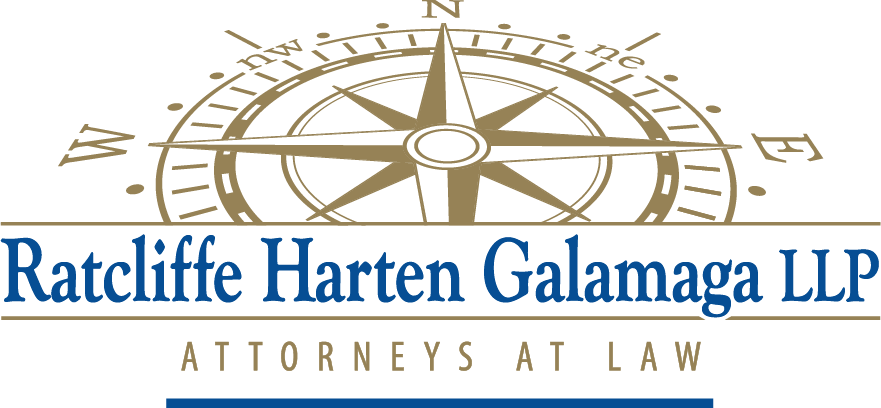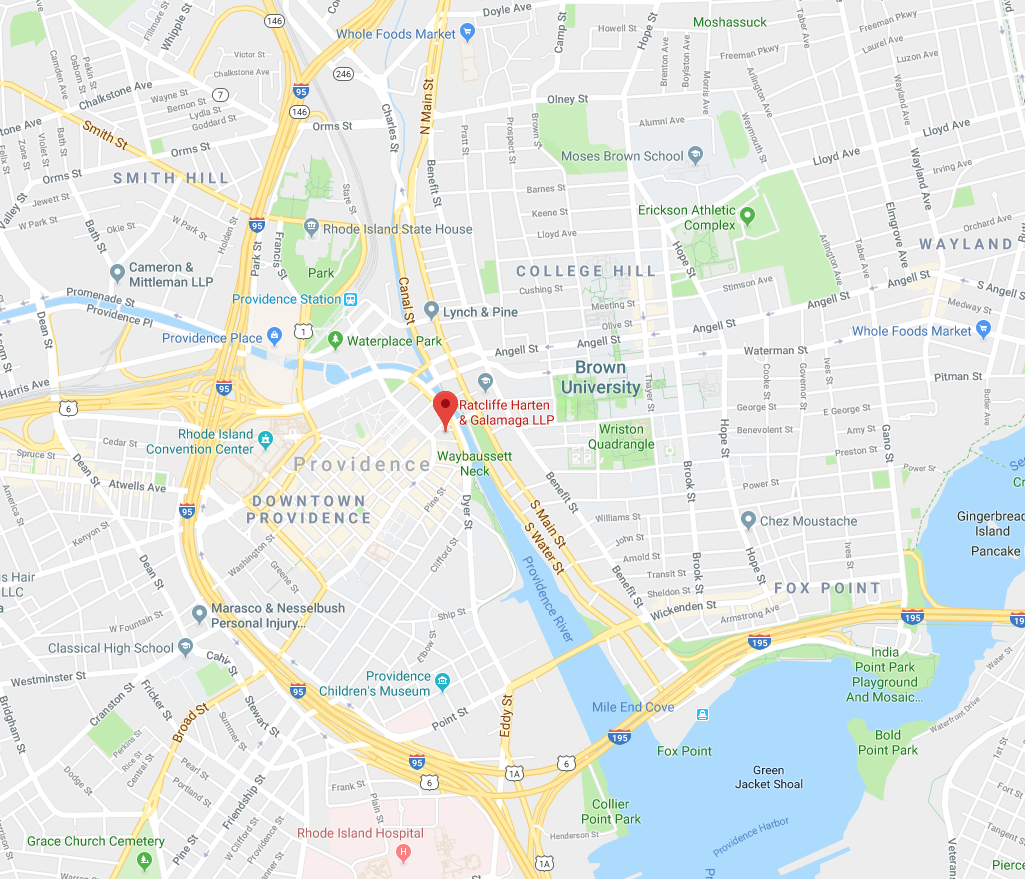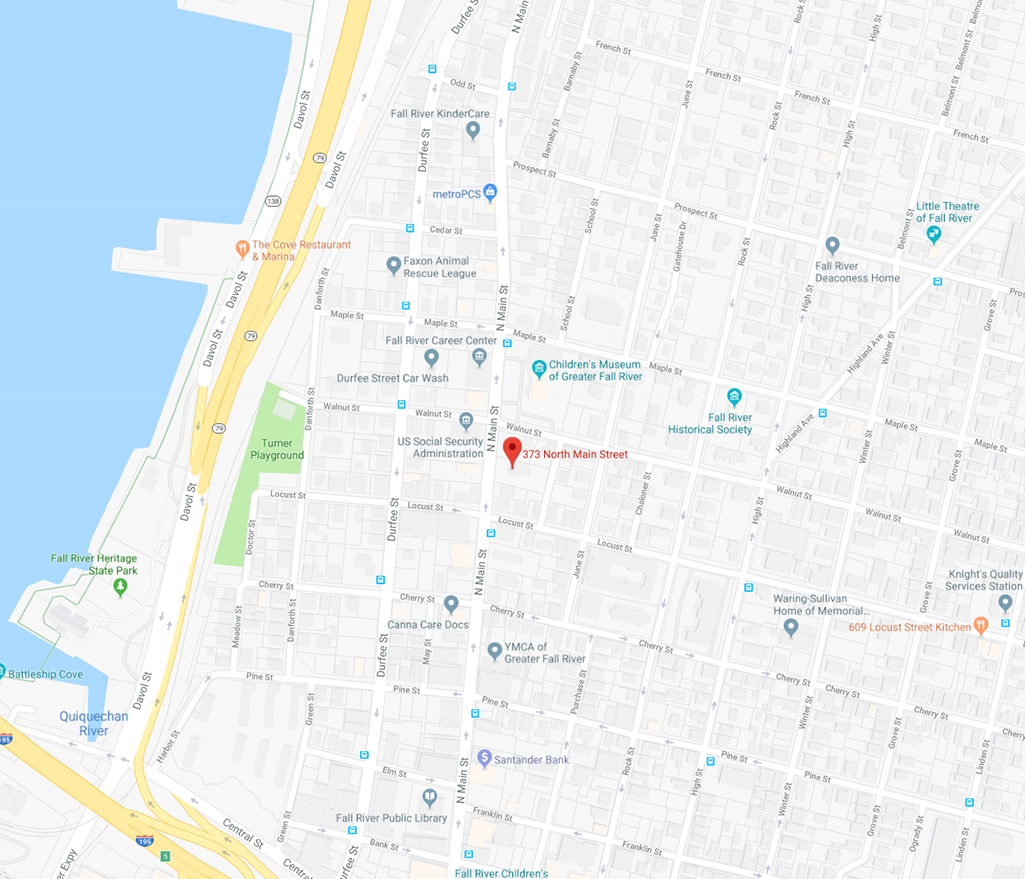FAQ
Here are questions that frequently come up from people who are either currently working with us or considering hiring us. Contact us today for additional context in regards to your particular situation.
Q: I’ve just been named in a medical malpractice lawsuit. How long does it usually take before we get to trail?
A: The answer depends on a variety of factors, including the nature of the underlying issue and the number of parties involved. With a greater complexity and number of parties involved, there will often be a significant number of fact witness and party depositions, including depositions of experts in a variety of fields. Cases typically take between three and four years, and cases with higher complexity can take up to five years. Although we diligently and efficiently proceed toward trial in every case, it often takes some time to obtain all the underlying necessary evidence to defend in a case, including depositions before the parties are prepared to proceed to trial.
Q: How will you keep me updated about my case?
A: The substance and frequency of client updates proceeds based on individual preferences. We routinely provide comprehensive status updates and litigation plans to our clients upon request, based on significant events transpiring. On the other hand, some clients prefer that our office handle the day-to-day defense of their case, and ask to only be notified about significant new developments.
Q: What does a plaintiff have to prove to find the doctor negligent?
A: Generally, there is a duty based on the standard of care in medical negligence cases. The plaintiff must prove a deviation from that standard of care, and demonstrate that the deviation caused injuries or damages.
Q: Can you explain the ways that you can get objective support for a client, who can speak to whether or not the client met the standard of care?
[AWAITING CONTENT]
Q: If I’m covered by a homeowners insurance policy and something happens that is outside of my control and I get sued, what rights do I have?
[AWAITING CONTENT]
Q: I really don’t want to go to litigation. What can you do for me short of litigation?
[AWAITING CONTENT]
Q: What if I don’t see my type of case discussed on your website? Can you still help?
A: We would be happy to refer you to an appropriate party who can help you, such as your State Bar Association, a referral service, or other attorneys/firms that take on your type of case.
Q: Is my student handbook binding?
[AWAITING CONTENT]
Q: Am I going to go to jail?
A: In Rhode Island, you have a right to bail, except in certain capitol and drug cases. If you’re arrested, you’ll likely be admitted on bail prior to trial.
Q: What happens at an arraignment?
A: An arraignment is just a ticket to the courtroom. You appear and your lawyer enters a non-guilty plea on your behalf.
Q: What is a pretrial conference?
[AWAITING CONTENT]
Q: Will my case go to trial?
A: This is difficult to say without full context and depends on a lot of factors, but ultimately it’s the client’s decision, not their attorney’s, to determine whether a case will go to trial.
Q: Can the court stop someone from doing something?
A: Yes, if you can prove that their actions will result in irreparable and immediate harm, the court can answer an injunction. For instance, if you can prove that the actions of the opposing party are likely to lead to you losing customers, not being able to work, result in theft of your intellectual property, etc.
Q: What is a trademark?
[AWAITING CONTENT]
Need more assistance?
Ratcliffe Harten Galamaga LLP
40 Westminster Street, 7th Floor
Suite 700
Providence, RI 02903
Local: 401-331-3400
Fax: 401-331-3440
Map and Directions
40 Westminster Street, 7th Floor
Suite 700
Providence, RI 02903
Local: 401-331-3400
Fax: 401-331-3440
Map and Directions
Fall River Office
373 North Main Street
Fall River, MA 02720
Map and Directions
© 2018 by Ratcliffe Harten Galamaga LLP.
All rights reserved. Disclaimer | Site Map | Privacy Policy


